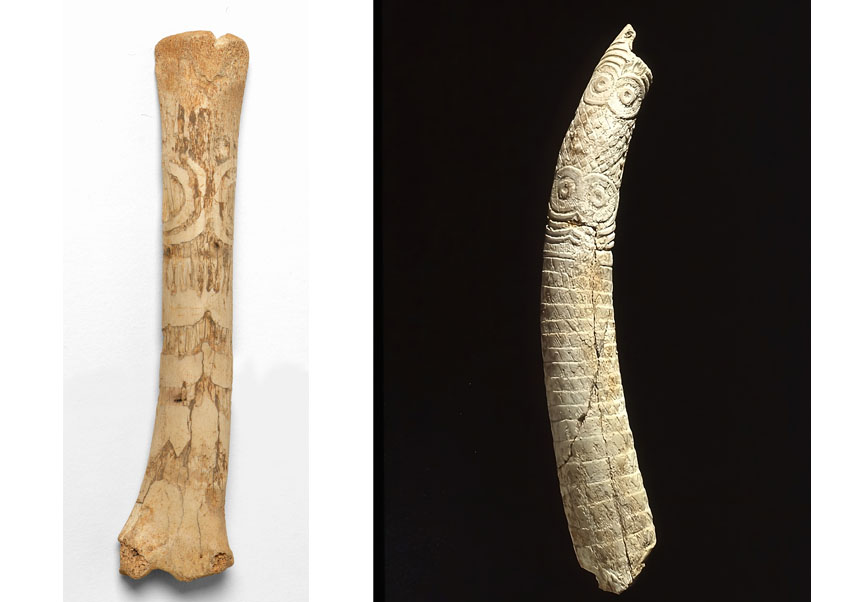The University of Valencia leads a Spanish research on models of nature conservation
- Scientific Culture and Innovation Unit
- December 17th, 2020

Beatriz Santamarina, professor at the Faculty of Social Sciences of the University of Valencia (UV), leads the GOBERPARK project, an initiative in which Spanish universities and research centres from Canada and Portugal participate, and which investigates the conservation of nature from a multidisciplinary perspective. The project will run until 2023 and studies the natural parks of three autonomous communities (including the Valencian Calderona and Montgó) to analyse how their conservation has evolved and improve their management.
“Conservation policies have been responsible for the greatest territorial reorganisation of Spain through the growth of protected areas. Since 1994, these have increased fivefold –from 465 to more than 2,427–, but in this period investments and personnel have been reduced compared to that time. This study will help to resolve the lack of historical and comparative studies of protected areas in Spain ”highlights Beatriz Santamarina, professor at the Department of Sociology and Social Anthropology at the UV.
In the project “GOBERPARK. Conservation anthropology. A comparative approach to the genealogies and development of natural parks in Spain” also participates EUROPARC-Spain, which is part of the Federation of Nature and National Parks of Europe (EUROPARC). Among the methods used, different research techniques will be put into operation and participatory methodologies will be given prominence: interviews, focus groups, participant observation, analysis, mapping and diagnosis workshops are some of the tools that will be implemented.
The project will study the evolution of a total of six natural parks, between the Valencian Community (two), Catalonia (two) and Andalusia (two), to learn the history of their conservation policies. In addition, it will identify the conservation models of each territory according to its conditions (environmental, political, economic, social and cultural) and the representations of nature, the territory and human activity.
Among the objectives of the project, the study will offer a diagnosis to agree on more effective tools for the management of protected areas. Among the activities to be carried out, a virtual workshop has already been scheduled for March 2021 and a Congress on Conservation Anthropology for October 2021, in Valencia. The project is funded by the Ministry of Science and Innovation and the European Regional Development Fund (ERDF), and its reference number is PID2019-106291RB-I00/AEI10.13039/501100011033.
More information clicking here.
File in: Investigació a la UV , Internacionalització recerca , Cultura Científica , Recerca, innovació i transferència , Facultat de Ciències Socials , Difusió i comunicació científica , Col·laboració amb empresa










